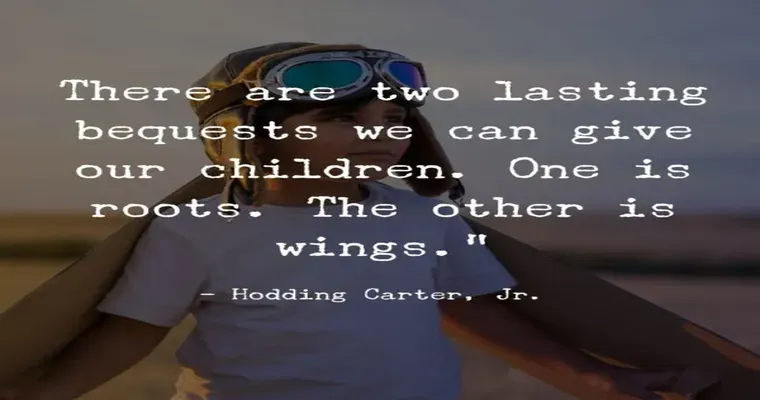Caregiving can be a rewarding yet challenging experience, especially when it involves a spouse or partner. Balancing your role as a caregiver with maintaining a healthy relationship is essential for both your well-being and that of your loved one. Here are "11 effective strategies" to help you keep your "marriage healthy" while navigating the complexities of caregiving.
1. "Open Communication"
Effective communication is the cornerstone of any successful marriage. Regularly discuss your feelings, concerns, and the challenges you face as caregivers. Being open about your emotions will foster understanding and strengthen your bond.
2. "Set Boundaries"
Establishing clear boundaries is crucial. Decide together how much time and energy you can devote to caregiving without compromising your relationship. This may involve defining roles and responsibilities to ensure both partners are on the same page.
3. "Prioritize Quality Time"
Amid the caregiving responsibilities, make an effort to carve out time for each other. Plan regular date nights or simple activities that you both enjoy. These moments of connection help reinforce your relationship and provide an emotional recharge.
4. "Seek Support"
Don’t hesitate to reach out for help. Whether it’s family, friends, or professional support groups, sharing the caregiving responsibilities can alleviate stress and provide you both with the necessary resources to maintain your marriage.
5. "Practice Self-Care"
Taking care of yourself is essential for effective caregiving. Engage in activities that rejuvenate you, whether it’s exercise, hobbies, or relaxation techniques. When you feel your best, you are more equipped to support your partner and nurture your marriage.
6. "Stay Flexible"
Caregiving often comes with unexpected twists and turns. Being adaptable to changing circumstances can help reduce stress and frustration. Approach challenges as a team, and be willing to adjust your plans as needed.
7. "Focus on Teamwork"
Emphasize the importance of teamwork in your caregiving journey. Work together to tackle challenges and celebrate small victories. This cooperative spirit will enhance your partnership and help you both feel more connected.
8. "Express Appreciation"
Never underestimate the power of gratitude. Regularly express appreciation for each other’s efforts, both as caregivers and partners. A simple thank-you can go a long way in nurturing a loving environment.
9. "Maintain Intimacy"
Physical and emotional intimacy is vital in a marriage. Make an effort to maintain closeness, whether through affectionate gestures, open conversations about your feelings, or simply spending quiet moments together.
10. "Educate Yourselves"
Knowledge is empowering. Educate yourselves about the medical conditions or challenges your loved one faces. Understanding the situation can help alleviate fear and anxiety, allowing you to support each other more effectively.
11. "Seek Professional Help if Needed"
If the stress of caregiving begins to take a toll on your marriage, consider seeking professional help. Couples counseling can provide valuable tools and strategies to strengthen your relationship during difficult times.
In conclusion, keeping your marriage healthy while caregiving requires intentional effort and commitment from both partners. By practicing these "11 strategies", you can navigate the challenges of caregiving while nurturing a loving and supportive relationship. Remember, a strong partnership not only benefits you but also enhances the quality of care you provide to your loved one.





